About Us
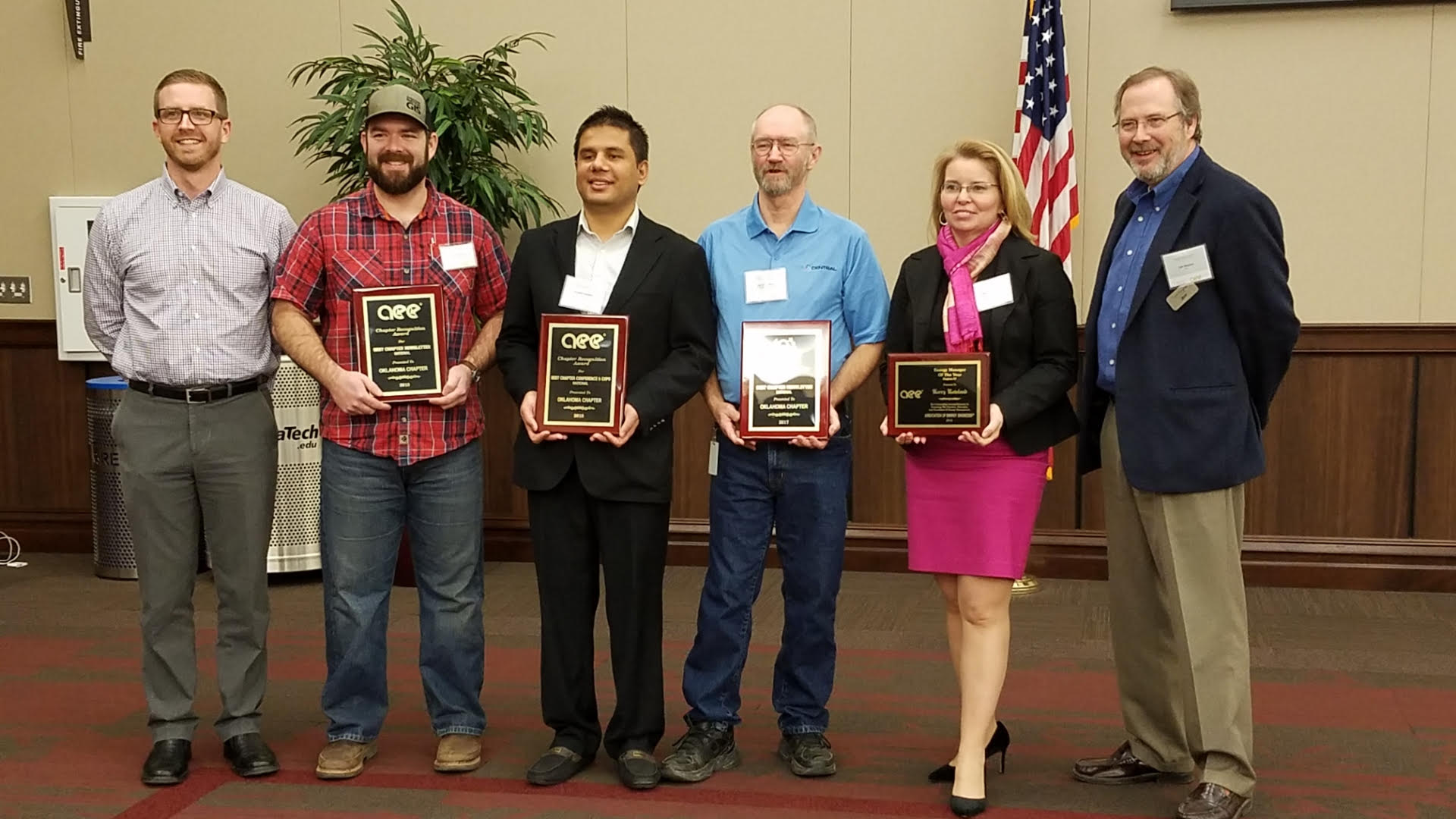
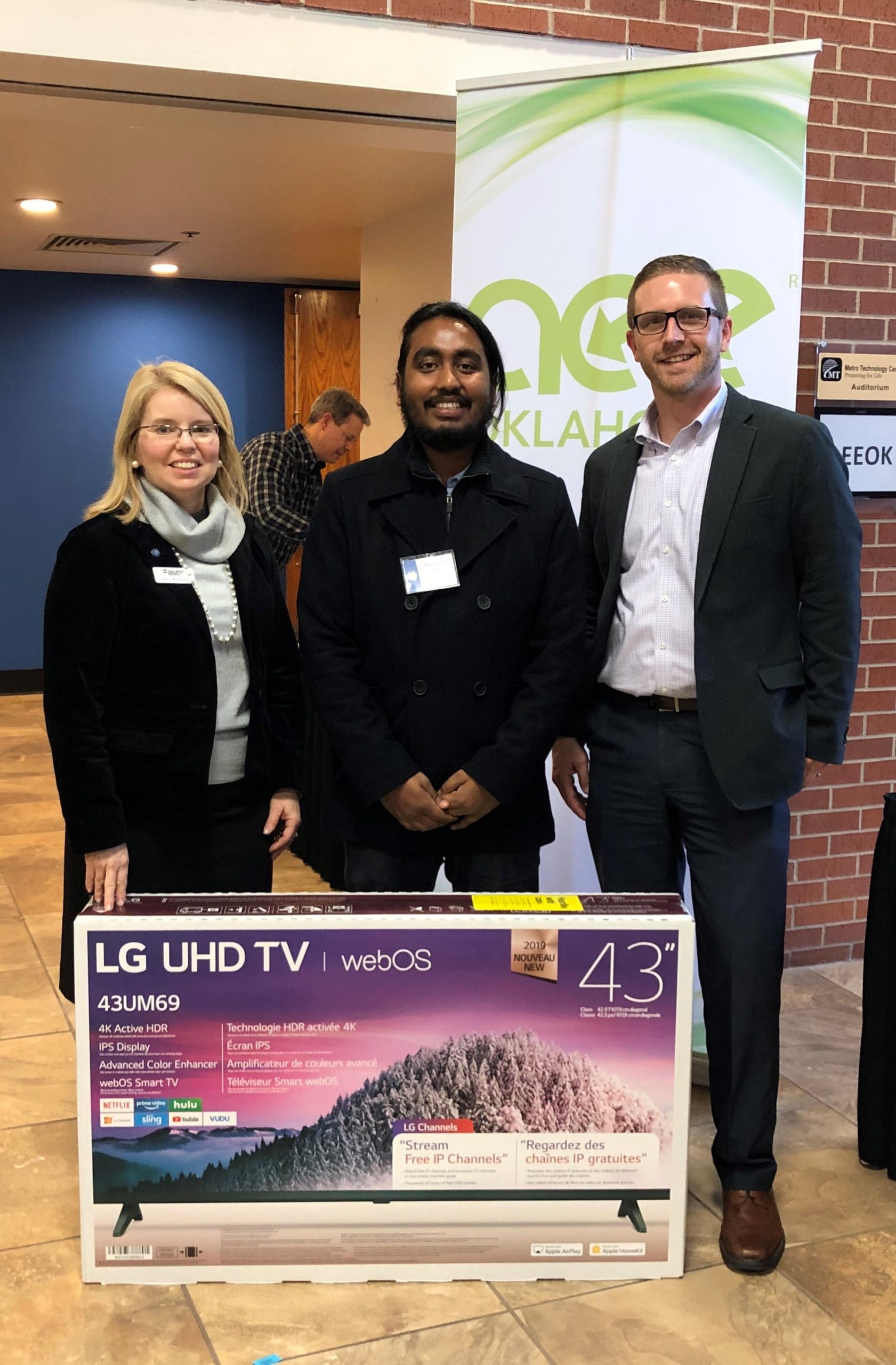
The Oklahoma Association of Energy Engineers (AEEOK) is a group of energy management professionals dedicated to promoting the highest level of competency and credentials in energy management within the state of Oklahoma. AEEOK is the Oklahoma chapter of the National Association of Energy Engineers (AEE), a 16,000-member network focused on energy engineering, energy efficiency and management, renewables, and related fields. AEEOK members include certified energy managers (CEMs), building and process managers, professional engineers, and others interested in promoting energy efficiency and a sustainable energy future for all of Oklahoma.
The Oklahoma Association of Energy Engineers offers training and seminars throughout the year covering topics relevant to the energy management community, including the opportunity to obtain CEUs and PDHs. AEEOK is where professional energy managers and those seeking a more sustainable energy future come together and exchange ideas, technology, and best practices for overall energy efficiency.
Oklahoma is in the midst of an energy revolution, and AEEOK is guiding the way. The organization is growing and positioned as a leader of professional development for energy managers. In 2014, the Oklahoma City chapter of AEE merged with the Tulsa chapter. Together, these chapters seek to unite all of Oklahoma’s energy professionals, with the goal of providing a network of Premier Energy Professionals who can better serve the state.
Why It Matters
- Energy efficiency and renewable energy are the pillars of any sustainable energy policy.
- Energy efficiency reduces the amount of energy needed to supply products and services. The application of new technologies such as building insulation and controls, strategic landscaping, and efficient lighting improves the productivity of Oklahoma’s businesses. These efficiencies mitigate the strain on limited energy resources, reduce environmental impacts and often provide long-term cost savings to consumers.
- Improved energy efficiency in buildings, industrial processes, and transportation could reduce global energy needs by one-third in 2050, according to the International Energy Agency.
- Renewable energy is energy produced from resources that are rapidly replaced (e.g., sunlight, geothermal heat, and wind). These renewable resources can replace conventional fuels in many services and applications.
- Heating and cooling technology decisions can have sizable economic and environmental impacts. For example, replacing older natural gas furnaces with more efficient ones reduces carbon emissions while lowering natural gas bills. In addition, ground source heat pumps typically require four times less electrical energy than a direct electrical heater. Digital smart meters allow operators to monitor a building’s energy usage, giving them the information they need to make intelligent energy decisions.
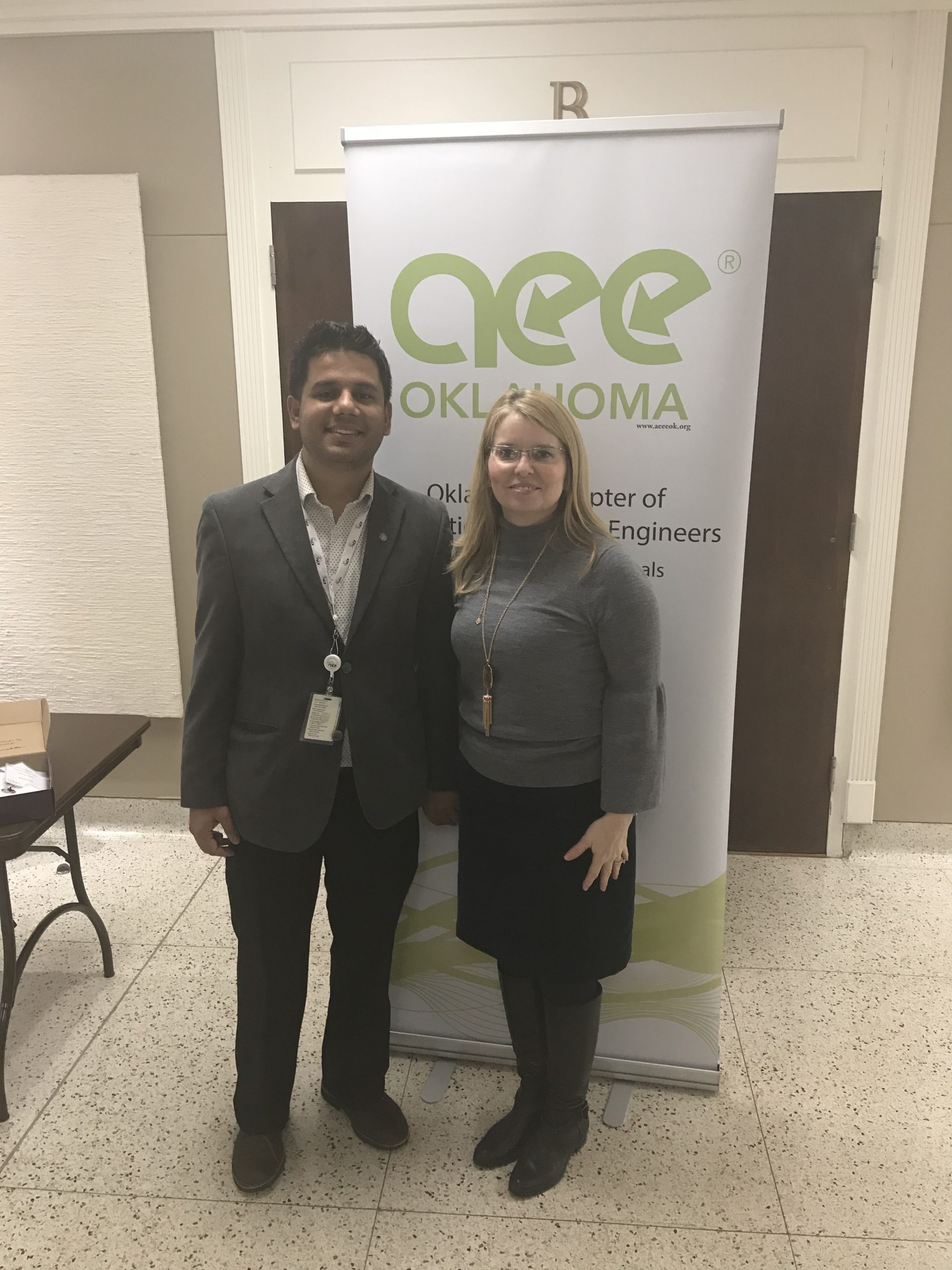
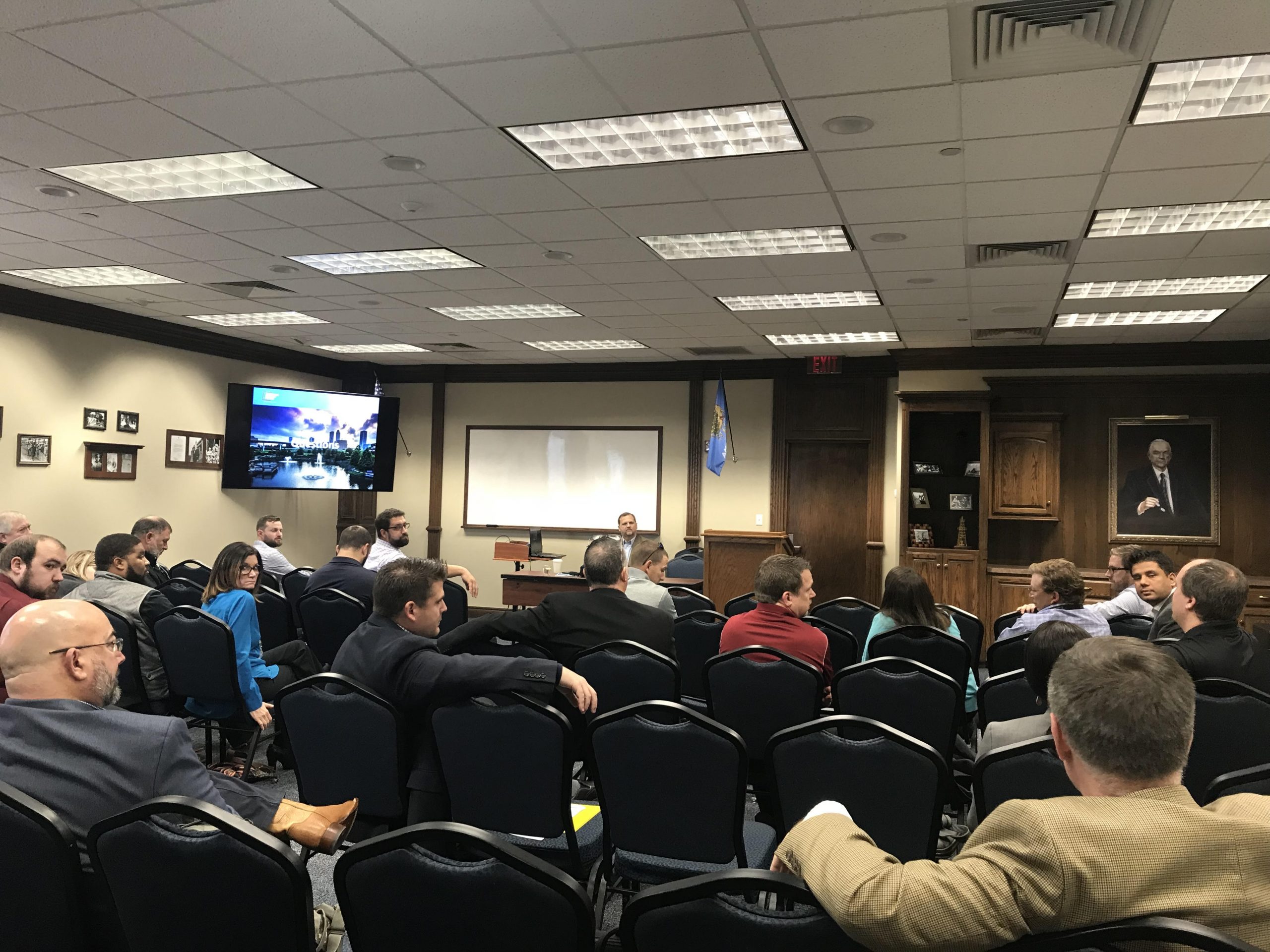
Our Commitment: Educate and Elevate
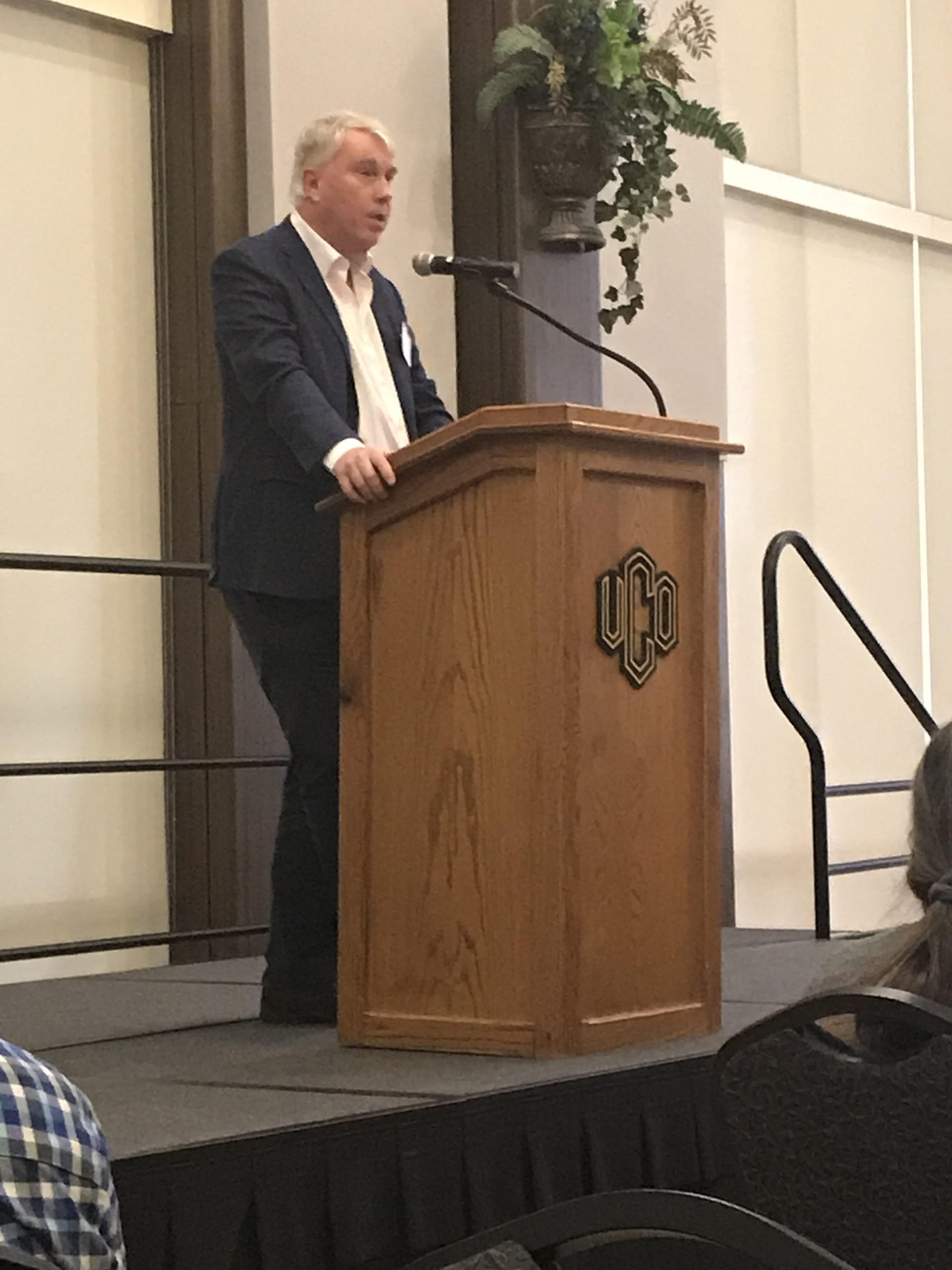
In addition to providing education and certification opportunities, AEEOK is dedicated to elevating public understanding related to energy issues. Our leadership spans numerous areas of expertise and is available to give interviews and speak about the following topics:
Biomass Building codes and standards, building control systems, building envelope, building maintenance, cogeneration systems, demand-side management, earth properties, electric energy, electric vehicles, energy audits, energy engineering, environmental impacts, extraction, fuel cells, ground source pumps, heating and air conditioning systems, hydropower, hydrogen fuel, lighting, natural gas, oil & gas, public utilities (IOU), municipal Power Authorities (MPA), member Owned Utilities (REC), radiant cooling, renewable energy, solar, sustainable building products, and wind energy.
Join the Oklahoma Association of Energy Engineers (AEEOK), where professional energy managers and those seeking a more sustainable energy future come together and exchange ideas, technology, and best practices for overall energy efficiency.
- There is strength in networking – Participate in training and seminars throughout the year covering topics relevant to the energy management community, including the opportunity to obtain CEUs and PDHs.
- There is strength in engagement – AEEOK provides a basis for building personal and professional contacts and networking with professionals in the energy management industry.
- There is strength in leadership – When you join AEEOK you also have the option to join the National Association of Energy Engineers (AEE), a 16,000-member network focused on energy engineering, energy efficiency and management, renewables, and related fields. AEE members are offered a wide range of opportunities for members to lead and serve on various committees and special-interest groups that help promote and advance the energy management profession.
